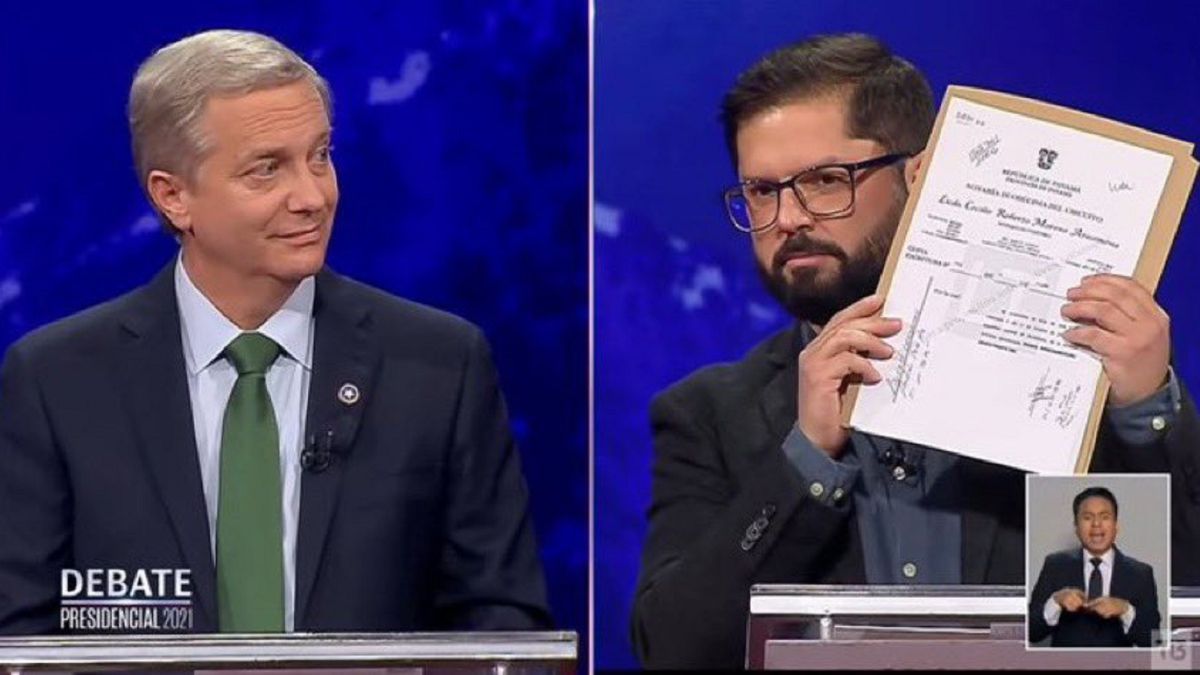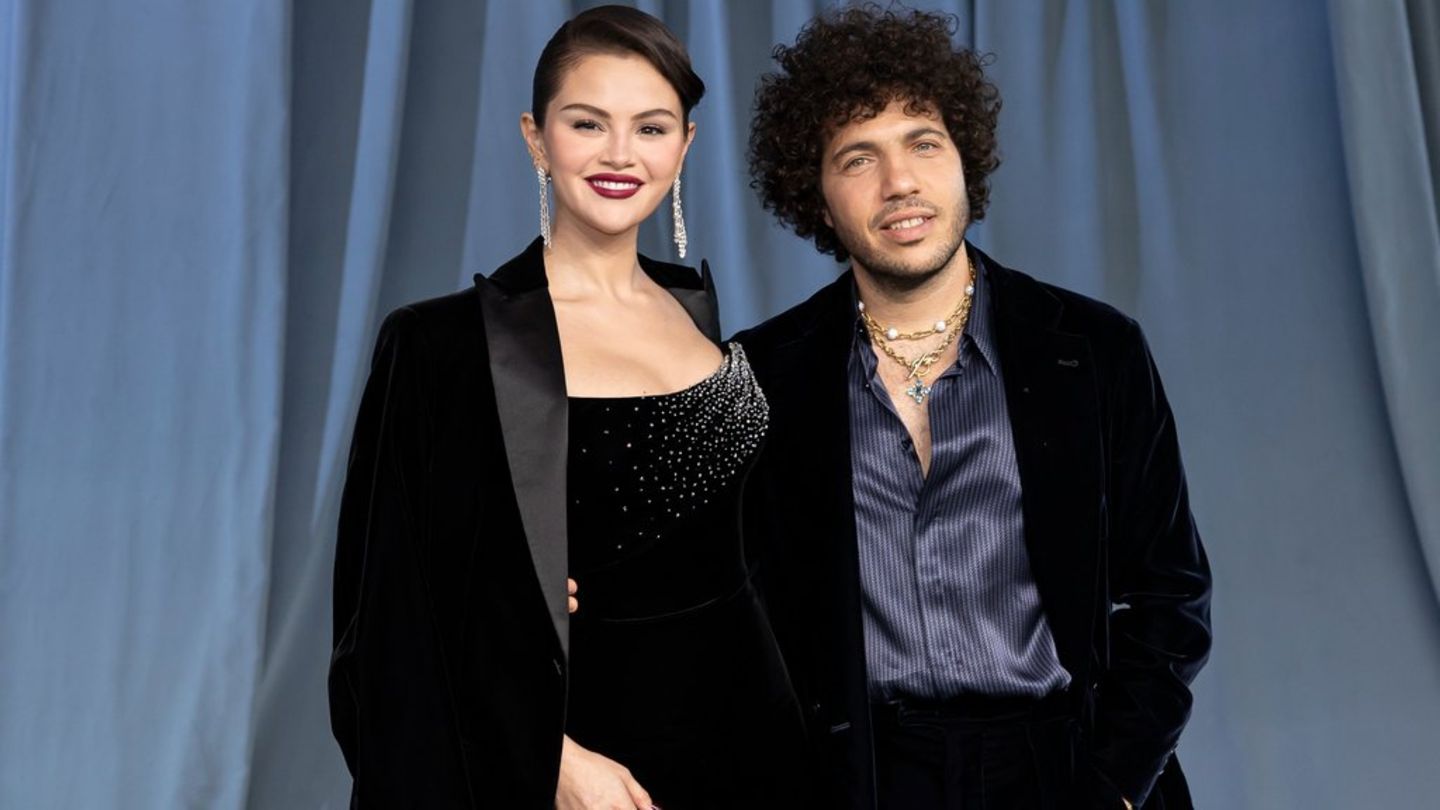One candidate and five candidates participated in the contest.
In the opposition bloc, whoever heads the polls did it, Gabriel Boric, from the I Approve Dignity coalition (Frente Amplio, PC and ecologists), Yasna Provoste of the New Social Pact (DC, Party for Democracy (PPD), Eduardo Artés ((Patriotic Union) and Marco Enriquez-Ominami (Progressive Party – PRO).
Representing the right were Sebastian Sichel, the official letter by the Chile Podemos Más coalition, and the far-right Jose Antonio Kast Republican Party (PLR).
The opposition bloc was treated with indulgence, says the Chilean press, and saved its darts for the opposite bloc, where the Pinochetist Kast has been growing at the behest of the votes of Sichel, who collapses in the intention to vote.
Sichel failed to improve the poor performance of his first debate – which marked the downward trend in the polls – and left the space open for the rearrangement of other competitors.
The Christian Democrat Provoste took Sichel out of his mind when she asked him if he was a lobbyist for gas companies, something that the standard-bearer linked to the ruling party could not answer in a forceful way.
Kast, for his part, did not show the security of his previous presentation and fell “into his own trap”, when he allowed himself to be provoked and lost control before a Boric location by the so-called Panama Papers, which revealed a couple of years ago the millionaire investments it has in the Central American tax haven.
Kast lost control and, without answering the question, tried to divert the issue by drawing attention to an invitation to take a drug test and open bank accounts, according to the online newspaper El Mostrador.
The constitutional accusation against Piñera for his connection with the sale of the mining company Dominga, which has been on the media agenda in Chile since the Pandora Papers came to light, forced all the candidates to take a position
Boric said she was “in agreement with following the institutional pathways that would allow a political trial of Piñera,” while Provoste indicated that she cannot express herself on this matter because she lives to vote in the Senate, although “as a Chilean” she said she felt ashamed “by the President’s Involvement in Dark Business “.
Sichel, for his part, emphasized that it became “a habit” for Congress to make constitutional accusations, although he warned that his position is “to investigate whoever falls,” and Kast asked “to use all instances” of investigation in this case.
Artés assured that “we are with the dismissal” of the president and Ominami directly requested the resignation of Piñera.
One of the controversial moments occurred when Kast suggested that Chile should leave the UN Human Rights Council and close the National Institute of Human Rights (NHRI) of the country, which sparked criticism from the left and center-left candidates present.
After the proposal, the far-rightist was branded a fascist by Enríquez-Ominami.
Boric put the immigration issue on the table and remarked that the problem that arose a couple of weeks ago at the Colchane border crossing, and that ended with an anti-immigration march, is Piñera’s fault for “inviting and then abandoning” Venezuelans to go. to Chile.
Sichel acknowledged that “it was a mistake to invite migrants” and that the Government “has not made a humanitarian deal” with those who are in the north.
One of the most tense moments was experienced at the beginning of the broadcast, when the candidates had to express themselves freely for a minute.
Artés used this moment to propose a minute of silence in memory of Denisse Cortes, the lawyer who died on Sunday during the March of Indigenous Resistance in circumstances not yet clarified, but the drivers did not allow her to end her minute with the excuse that it was to express ideas and not silence.
David William is a talented author who has made a name for himself in the world of writing. He is a professional author who writes on a wide range of topics, from general interest to opinion news. David is currently working as a writer at 24 hours worlds where he brings his unique perspective and in-depth research to his articles, making them both informative and engaging.




